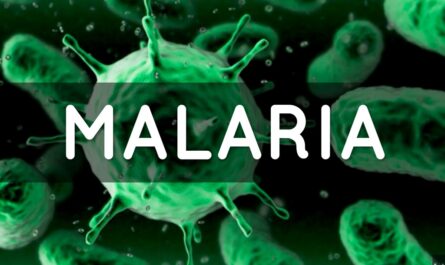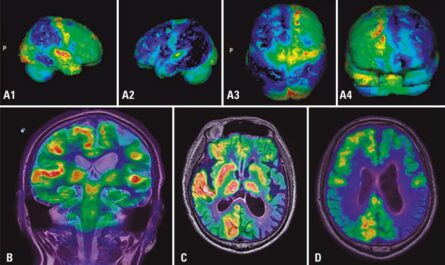A recent study conducted on mice has found that changes in the microRNAs of sperm due to aging may impact the growth and development of offspring. This discovery adds to the existing body of research on the effects of paternal aging on children.
The study, published in the journal Scientific Reports on December 7, 2023, sheds light on the impact of paternal age on neurodevelopmental disorders, such as autism spectrum disorder. While the effects of maternal age on offspring, such as a higher risk of miscarriage and Down syndrome, are well-known, there has been comparatively less focus on the effects of paternal aging.
Led by Professor Noriko Osumi from the Department of Developmental Neuroscience at the Tohoku University Graduate School of Medicine, the research team previously revealed that epigenetic factors, including histone modifications and DNA methylation in mouse sperm, undergo changes with age. These changes may have transgenerational effects on offspring.
However, the specific impact of paternal aging on microRNAs (miRNAs), which are small RNA molecules that play a crucial role in gene expression regulation, has been less explored.
They compared the quantities of microRNAs in sperm from mice aged 3, 12, and 20 months and identified the ones that had changed.
The researchers discovered significant age-related differences in microRNAs, particularly in those that regulate the nervous system and genes associated with autism spectrum disorder. Moreover, these altered microRNAs were observed to be transferred to fertilized eggs.
Professor Osumi emphasizes the significance of investigating the impact of sperm microRNAs on offspring, as it has been relatively overlooked in previous research. This study highlights the potential association between changes in sperm microRNAs caused by paternal aging and underscores the need for further exploration of epigenetic factors, specifically microRNAs. Such exploration could unravel the pathogenic mechanisms underlying neurodevelopmental disorders and provide insights into promoting the health and disease prevention of future generations.
The researchers also note the broader implications of their findings in the context of Japan’s declining birthrate. As the country faces the challenge of reversing this trend, understanding the role of sperm-related factors becomes essential in advancing reproductive medicine.
This study expands the understanding of the link between paternal age and potential health complications in children. While age-related changes in oocytes (eggs) have been extensively studied, the focus has mainly been on sperm fertility. Recognizing the multitude of epigenetic changes associated with sperm aging, as exemplified by the microRNAs examined in this study, is crucial in gaining a comprehensive understanding of reproductive health.
The findings of this study not only contribute to our understanding of neurodevelopmental disorders but also offer valuable insights into improving the health and well-being of future generations. By investigating the role of microRNAs and other epigenetic factors, further research holds the potential to uncover the mechanisms underlying these disorders and inform strategies for prevention and treatment.
Note:
1. Source: Coherent Market Insights, Public sources, Desk research
2. We have leveraged AI tools to mine information and compile it



